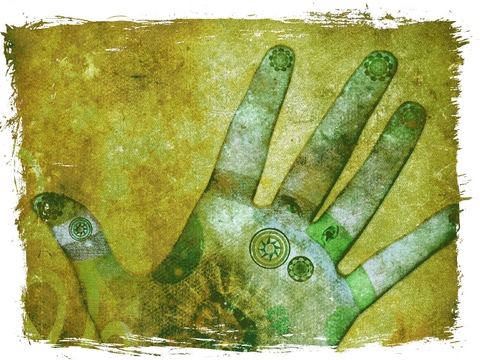 Frequently, suicides are sudden deaths. And sudden death hits like an enormous, out-of-the-blue thunderclap to the heart. Your world stops. This can’t be true.
Frequently, suicides are sudden deaths. And sudden death hits like an enormous, out-of-the-blue thunderclap to the heart. Your world stops. This can’t be true.
And, then, your brain frantically engages. One minute the person is here; the next minute that familiar presence is gone. Like a flame extinguished, you are plunged into a darkness that is incomprehensible. You become wild-eyed with questions and uncertainties.
You try to make sense of it all; you retrace your steps. You race back in time to the very last connection you shared. You think of the “Goodnight, Honey” or the “Don’t stay out too late” to a family member or the “Have a good weekend” to the co-worker on his way out the door. The everyday words, the daily connections, seem so trivial and unimportant given the enormity of the loss, but they matter. They are the connective tissue of life.
Your mind, like a search engine run amok, comes up with all the related memories and associations. You remember the shared laugh over a quick cup of coffee. You think of the sharp words about keeping the curfew or who is going to pick up the quart of milk or why didn’t this-or-that get done.
You remember yesterday, your last week, last year, the day they were born, the day you got married, the day they walked into your class, your job, your life. Whenever and whatever those points of intersection, the moments of laughter and love, the hard times, the good times, the better times, the hang-out times, you want to remember it all — in vivid, painstaking detail.
Images and words jump to the fore. Your knees buckle at the image of reading him a bedtime story or brushing her hair. Bath time, bedtime, play time, work time, lunchtime, sleep time, making love time, finishing the project time; it all spreads before you—a diagram of your life with that person.
You find yourself choked up; words, memories, and feelings are caught in your throat and chest. It is difficult to take a deep breath. Everything feels so fragile and precious now. It is hard to navigate these uncharted waters; you lurch from side to side, feeling broken into a million little pieces. You have been shattered.
Sudden death leaves a trail of collateral damage. There is shock, complicated grief and, frequently, trauma. It takes time to accept the reality into your psyche. It takes courage to deal with the aftermath of sorting through a suicidal death. There is a deluge of every possible feeling.
Go gently. Go patiently. It takes clock time and it also takes as-much-as-you-need “heart time” for you to grieve and pick up all the shards of your shattered heart.
May you find peace. And may your newly pieced-together heart be awash in love and compassion for our very humanness.
 Elizabeth, a mental health worker, arrives in Nepal immediately after the earthquake. There was total chaos. The ground was literally not stable as it shifted with tumbling rubble and aftershocks.
Elizabeth, a mental health worker, arrives in Nepal immediately after the earthquake. There was total chaos. The ground was literally not stable as it shifted with tumbling rubble and aftershocks.





